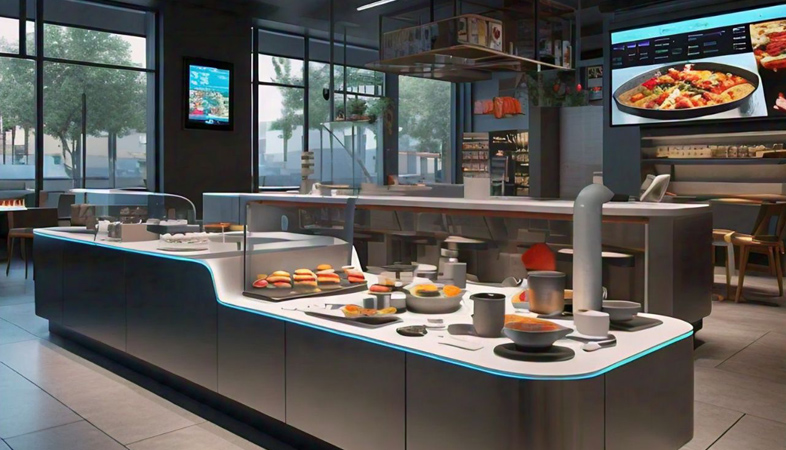SHARE
Commercials
More Posts
Jan 30, 2025
Vegan Ravioli - By Chef Manoj Rathore
Jun 27, 2025
Uttam Das Appointed as Executive Chef at JW Marriott
Apr 10, 2025
Nutritive Mocktails - By Kaustav Dutta
Jan 30, 2025
Vegan Ravioli - By Chef Manoj Rathore
Jun 27, 2025
Uttam Das Appointed as Executive Chef at JW Marriott
Apr 10, 2025
.png)





.jpg)





















